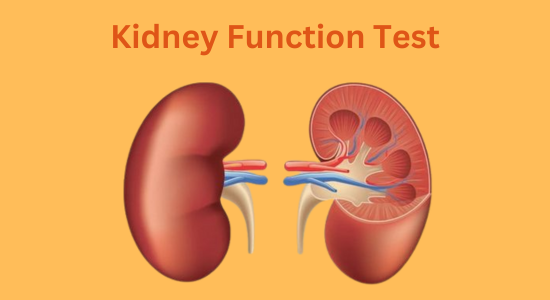Diabetic kidney disease treatment in Bathinda
Diabetic Kidney Disease Treatment in Bathinda: A Comprehensive Guide
Introduction

Understanding Diabetic Kidney Disease
Explore more about the diabetic kidney disease treatment
Symptoms and Diagnosis
The Importance of Early Treatment
Early intervention in diabetic kidney disease is crucial for slowing its progression and improving outcomes. Moreover, effective management can prevent or delay the onset of end-stage renal disease. For residents of Bathinda, seeking specialized care for diabetic kidney disease treatment is essential to ensure the best possible outcomes.
Diabetic Kidney Disease Treatment Options in Bathinda
1. Medication Management
Medication plays a key role in managing diabetic kidney disease. The primary goals of medication are to control blood sugar levels, manage blood pressure, and reduce proteinuria (excess protein in urine). Commonly prescribed medications include:
- Angiotensin-Converting Enzyme (ACE) Inhibitors: These help lower blood pressure and reduce proteinuria.
- Angiotensin II Receptor Blockers (ARBs): These also lower blood pressure and protect kidney function.
- SGLT2 Inhibitors: These help control blood sugar levels and have been shown to have kidney-protective effects.
2. Lifestyle Modifications
In addition to medication, lifestyle changes are vital in managing diabetic kidney disease. Key modifications include:
- Diet: A diet low in sodium, saturated fats, and processed foods can help manage blood pressure and blood sugar levels. Consulting a nutritionist in Bathinda can provide personalized dietary recommendations.
- Exercise: Regular physical activity helps control blood sugar levels and maintains overall health.
- Weight Management: Maintaining a healthy weight can reduce the risk of further complications.
3. Monitoring and Regular Check-Ups
Regular check-ups with a nephrologist are crucial for monitoring kidney function and adjusting treatment as necessary. In Bathinda, specialized nephrologists can provide tailored treatment plans and ongoing support.
4. Advanced Treatments
For advanced cases of diabetic kidney disease, more intensive treatments may be required, including:
- Dialysis: In cases of kidney failure, dialysis helps remove waste from the blood when the kidneys are no longer functioning effectively.
- Kidney Transplant: A kidney transplant may be considered for patients with end-stage renal disease who are eligible.
Prevention is key to managing diabetic kidney disease effectively. Implementing the following measures can help reduce the risk:
- Blood Sugar Control: Maintaining optimal blood sugar levels through medication and lifestyle changes is crucial.
- Blood Pressure Management: Keeping blood pressure within the target range can prevent further kidney damage.
- Regular Health Screenings: Regular screenings for kidney function and other related complications are essential for early detection and management.
In addition to regular testing, maintaining kidney health involves adopting a healthy lifestyle:
- Healthy Diet: Eat a balanced diet rich in fruits, vegetables, whole grains, and lean proteins. Limit your intake of salt, sugar, and processed foods.
- Regular Exercise: Engage in regular physical activity to maintain a healthy weight and support overall health.
- Monitor Blood Pressure: Keep your blood pressure in check, as high blood pressure can damage your kidneys over time.
- Control Blood Sugar: If you have diabetes, managing your blood sugar levels is crucial for kidney health.
- Stay Hydrated: Drink adequate amounts of water to help your kidneys function properly.
- Avoid Smoking and Excessive Alcohol: These habits can adversely affect kidney health.
Diabetic kidney disease is a serious condition requiring timely and effective treatment to prevent progression and manage symptoms. In Bathinda, residents have access to a range of treatment options, including medication, lifestyle modifications, and advanced treatments. Early diagnosis, regular monitoring, and preventive measures are crucial in managing this condition effectively.
For those seeking expert care, Bathinda offers specialized nephrologists and healthcare facilities dedicated to diabetic kidney disease treatment. By focusing on comprehensive care and adopting a proactive approach, patients can significantly improve their quality of life and manage their condition effectively.
If you or a loved one is dealing with diabetic kidney disease, don’t hesitate to seek professional help. Contact a specialist in Bathinda today to explore your treatment options and take control of your health.